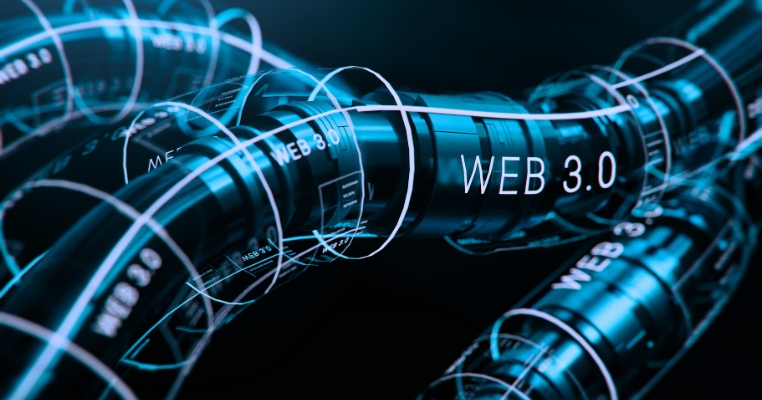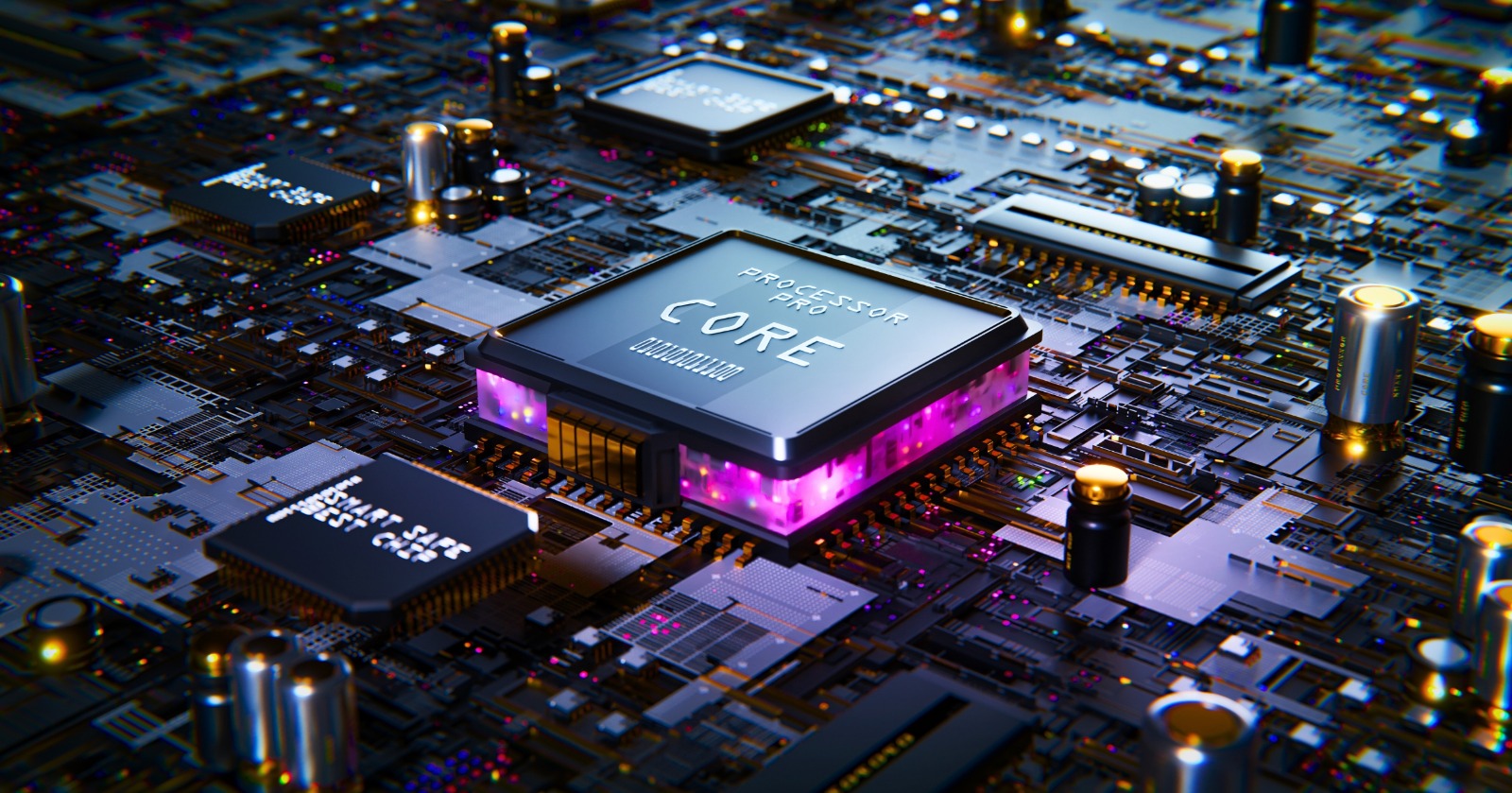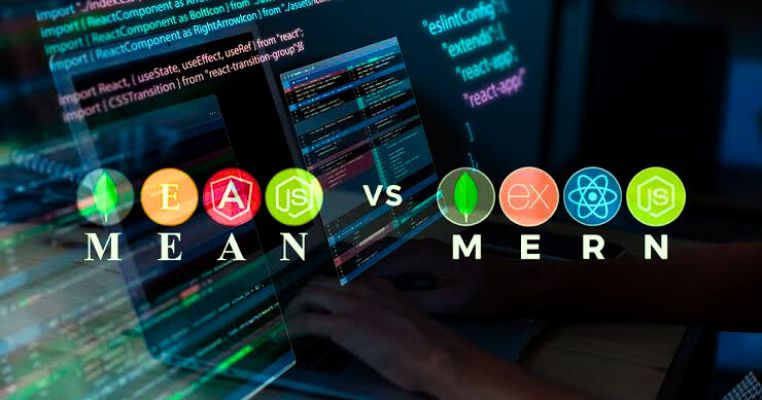What is Web 3.0?
Web 3.0—often called the decentralized web—is the third generation of the internet. Unlike the static pages of Web 1.0 or the interactive but centralized nature of Web 2.0, Web 3.0 shifts power to users by leveraging blockchain technology, smart contracts, and decentralized networks.
In Web 3.0, users maintain greater control over their personal data and digital interactions. It paves the way for enhanced privacy, peer-to-peer services, and smarter AI-driven content.
Key Features of Web 3.0
1. Decentralization
In contrast to centralized servers managed by corporations, Web 3.0 utilizes blockchain and peer-to-peer infrastructure. This eliminates single points of failure and enables censorship-resistant content and applications.
2. Blockchain & Cryptocurrencies
Blockchain enables secure and transparent data management, and cryptocurrencies (like Bitcoin and Ethereum) fuel the decentralized economy. These tools power ecosystems like DeFi, NFTs, and DAOs.
3. The Semantic Web
Powered by AI and Machine Learning, the Semantic Web understands context rather than just keywords—delivering personalized and intuitive search experiences.
4. Interoperability
Web 3.0 apps (dApps) are designed to work across platforms, allowing seamless interaction and integration between services and blockchains.
5. Privacy and Security
With decentralized identity systems and encrypted data, users can control access to their personal information—minimizing reliance on third-party platforms.
How Web 3.0 is Transforming Industries
- E-commerce
Smart contracts ensure transparency in transactions and supply chains, while blockchain reduces fraud and enables secure, global payments.
- Gaming
Play-to-earn (P2E) models and NFT-based ownership allow gamers to monetize in-game assets. Platforms like Axie Infinity and Decentraland are leading this revolution.
- Finance (DeFi)
DeFi removes the middleman in financial transactions. Users can lend, borrow, and invest directly via smart contracts—24/7, globally, without a bank.
- Healthcare
Patient data on the blockchain enables privacy and ownership. Only authorized professionals can access records, ensuring security and compliance.
- Social Media
Web 3.0 reclaims ownership of content and data from centralized giants. Decentralized platforms reward creators directly, promoting freedom and fairness.
Benefits and Challenges
Benefits
- Enhanced privacy and control
- Increased security with no central failure point
- Direct user empowerment and monetization
Challenges
- Scalability of blockchain networks
- User onboarding and technological learning curve
- Regulatory uncertainty across countries
How to Get Started with Web 3.0
Here’s how beginners can explore the decentralized web:
- Learn Blockchain Fundamentals → Platforms like Coursera, Web3 University, and WebAiry Blogs offer beginner-friendly guides.
- Try dApps → Explore decentralized finance, marketplaces, and games on Ethereum, Polygon, and Solana.
- Set up a Wallet → Tools like MetaMask and Coinbase Wallet let you store crypto and NFTs securely.
- Buy Your First NFT → Use marketplaces like OpenSea or Rarible to explore NFT collectibles.
The Future of Web 3.0
As blockchain adoption grows, Web 3.0 is set to become an integral part of digital life. From governance and finance to entertainment and education, its potential is vast.
Whether you’re a developer, investor, or enthusiast—now is the time to dive in.



